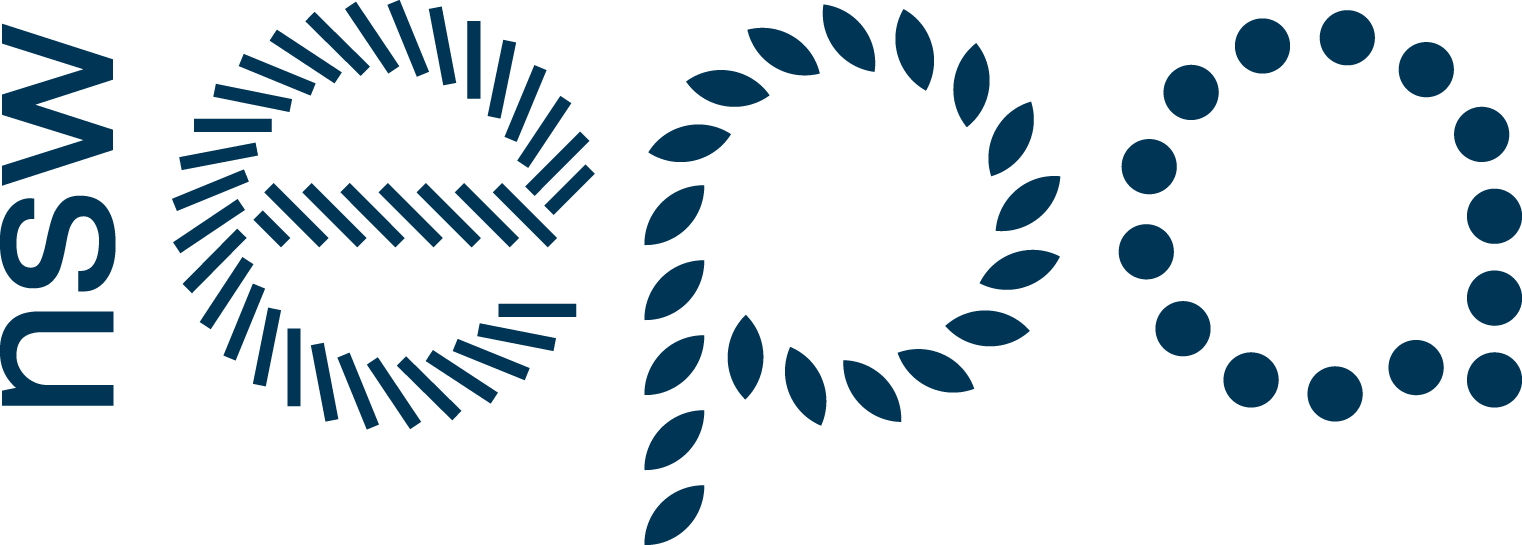Everyday Enviro with Elise: closing in on contact lenses
By Elise Catterall 25 May 2022
You might know of sustainable options for glasses, but have you ever thought about what's out there in terms of contact lenses? Elise discusses their environmental impact and what we can do to reduce it.
Did you know that fifty percent of Australians wear glasses or contact lenses? That is a huge statistic and much more than I expected – even though I am one of those people!
Due to my changing vision, (and my fair share vanity), I replace my glasses around every 1-2 years. I have worn glasses for over 30 years, so if you quickly do the maths, that’s more than 30 pairs of glasses.
Due to the sheer number of glasses I have purchased over this time, I am very conscious of how I buy, care for, and dispose of them. I seek out frames made from recycled plastics, I look after them so that the lenses don’t get scratched and donate them to charity once they are replaced.
Now, I also wear contact lenses, and if I’m honest, I have never taken the time to really stop and think about the environmental impact of those. Partly due to the fact that I only wear them occasionally, and partly because they are so small, I’ve always kind of discounted them. Not anymore.
Once I read the statistic about how many Australians wore glasses and contact lenses, it got me thinking about their impact, especially as many contact lens wearers wear single use lenses every day, all year round. That actually results in a lot of waste, both from the packaging and the lenses themselves so I wanted to know how to mitigate that. It’s possible that if you are a lens wearer you already know, but a recent UK based study found that two in every three contact lens wearers didn’t realise the environmental impact of lenses, so I’m diving in.
Probably the biggest issue with lenses is the plastic waste from the lenses themselves. Many wearers, maybe because lenses come encased in fluid, will dispose of the lenses by flushing down a sink or toilet. However, the lenses, which are made from plastic, don’t fully degrade and when disposed of this way, will only partially break down.
The resulting microplastics will end up in our waterways, and ultimately as part of the food chain as they are ingested by fish and other aquatic life. Even if they are thrown are with your regular rubbish, they will still create problems as microplastics in landfill. Then there is the issue of waste from the packaging of the lenses, which are typically made from plastic and foil, but too small to be recycled in your kerb side recycling.
So what can we do? TerraCycle will recycle all components of contact lens waste including packaging but for this you need one of their Zero Waste boxes, which come at a cost. Unfortunately, a successful program that they ran in conjunction with Bausch & Lomb enabling wearers to send in all their contact lens waste free of charge was discontinued last year.
TerraCycle are actively seeking a new partner, but for the moment, the only option is to use one of those boxes. Some optometrists carry the boxes, but there currently isn’t a directory availableto the public. TerraCycle actively encourage customers to reach out to their optometrists to lobby for recycling facilities, which will also help them find a new partner for the program.
Otherwise, unfortunately it’s general rubbish for the lenses and then collecting and grouping the packaging by type into a plastic bottle, or similar, and once there is a sufficient quantity, combining it to be recycled. We recommended this technique for recycling soy sauce fish bottles, and the concept works for these small waste items too.
The other options are more prevention than cure: reconsider using contact lenses and stick with your specs or consider vision correcting surgery. The last one might be a bit more drastic, but it will put the issue to bed for good.
If you happen to have in date unused lenses, you can donate those to charity just like glasses.
Planet Ark does not take responsibility for the accuracy of the original information and encourages readers to check the references before using this information for their own purposes.
Elise is a writer, photographer, and naturopath with a passion for nature. She completed a Master of Public Health in 2017 through the University of Sydney. Her photographic work focuses on flowers and plants as a way of celebrating nature. She has been writing for Planet Ark since 2017, sharing positive environment stories, personal environmental experiences and perspectives.

